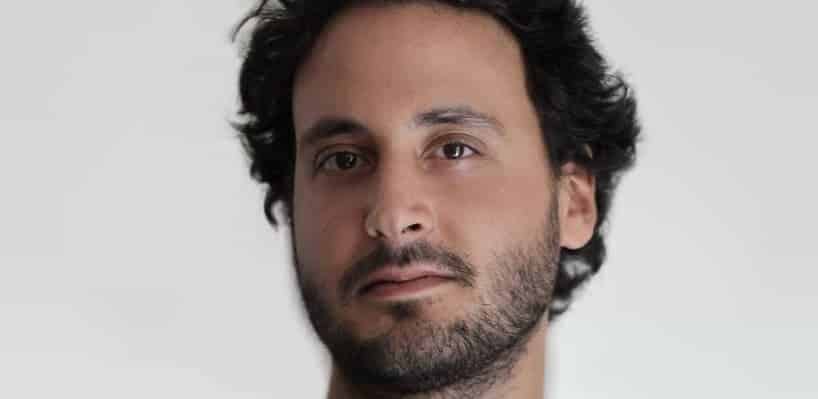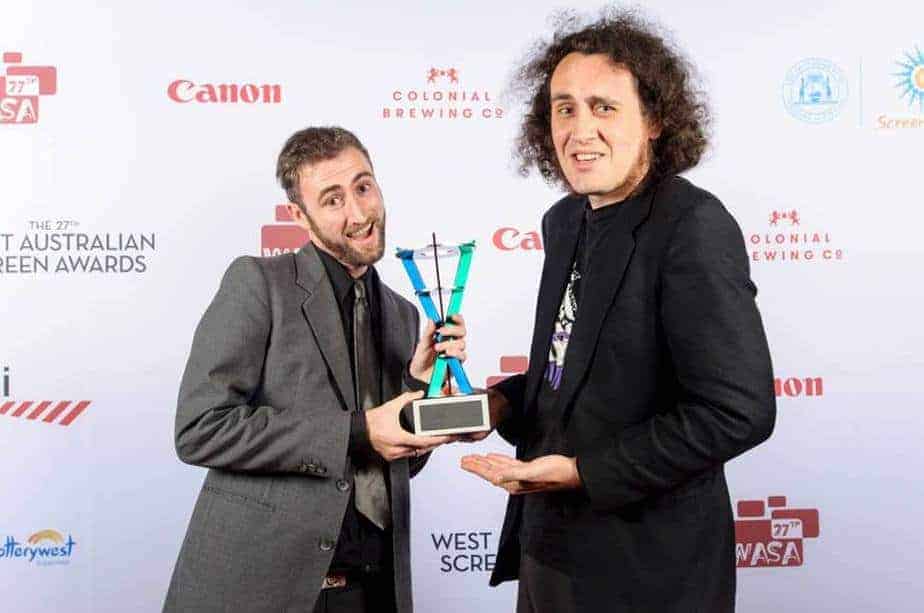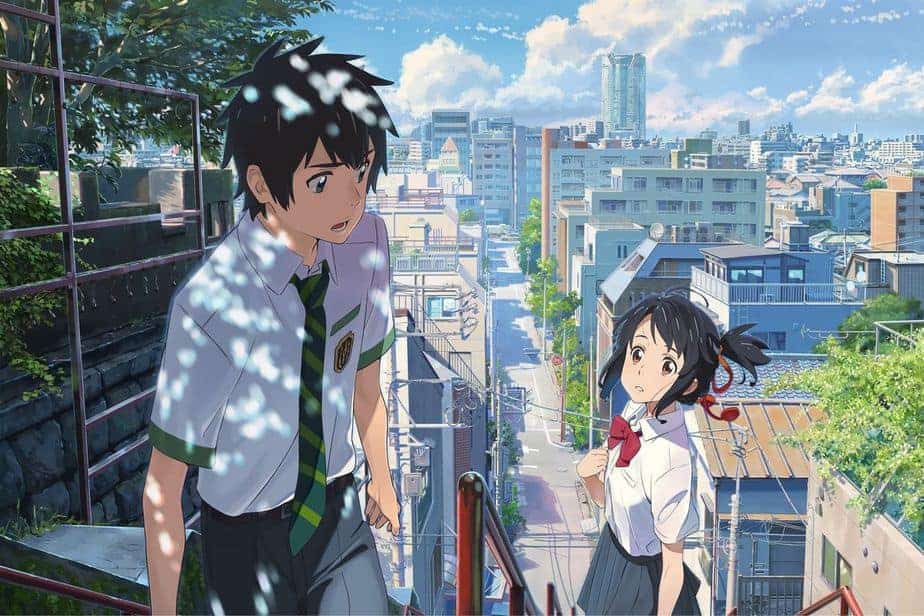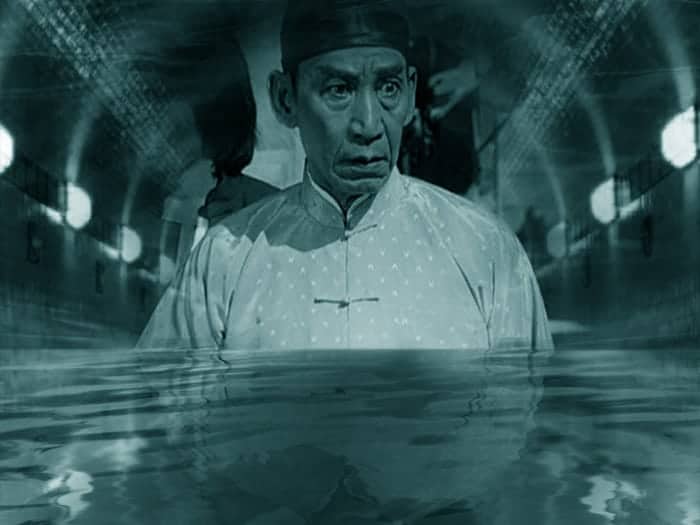After extensive travels across Asia, internships and junior positions in Paris and Los Angeles at companies such as Anonymous Content, Wild Bunch, Endgame and Ad Vitam among others, Nathan decided it was high time to start his own business and launched Stray Dogs in a couple of weeks with a small bank loan in early 2015.
Stray Dogs is dedicated to bringing international, director driven, edgy films to worldwide audiences, and is very proud to work closely with its filmmakers. During its first year, Stray Dogs films got around 30 prizes in international film festivals, and did quite well. Stray Dogs now has a team of four people making sure promising international talent is discovered and their gems are distributed worldwide.
On the occasion of our #TheKhavnProject, we speak with him about his career, Stray Dogs, Asian cinema, the French market, the Indian movie industry and of course, Khavn.
Can you give some details about your background in cinema. How was your experience of working in Wild Bunch?
I did a business school but cinema had always been my main drive. Then I interned in sales, distribution and production companies around the world including Wild Bunch. This one had been a particularly defining experience.
How did you end up creating Stray Dogs? What is the purpose of the company?
I created SD as I turned 26 and could not find a job in the industry. I launched it with a 15K E personal bank loan. From the start, the goal was to put all the outsiders and stray dogs together, in order to empower them. Back then in 2015, very few sales companies were interested in those smaller movies, whose main market were festivals and niche distribution. So Stray Dogs was an opportunity, plus a very exciting way to discover and develop, filmmakers and cinemas.
Can you reveal some of the criteria you have in mind when selecting movies for the company?
I would say original filmmakers and new cinema.
Radically honest is key as well. STRONG of course, but also fragile and with flaws
Then I like my films weird and often trippy also
How is the situation with distribution in France nowadays?
I think it's a bit fucked. Some distributors are still taking chances and making a real difference for films and filmmakers, but overall, many are just either releasing what essentially are bad TV movies, while others are just surviving through taking advantage of a system which does not work anymore and has been perverted in so many ways. We did try French distribution and released five films to mixed results. Overall, I think the worst for me was the behavior of theater chains in Paris.
How did the particular interest for Asian cinema begin?
I guess I was a late boomer on Asian cinema. It may have began when I was 22 and traveled across Asia. I was traveling there and discovering and was dreaming to come back one day and work with filmmakers and stories from those countries.
How is your cooperation with Indian producers regarding the Indian movies in your catalog?
Very mixed. I love Indian filmmakers but Indian producers are often pretty horrible. That's what happens when there is only private money to finance films. Development of good films and filmmakers has become an issue as well. It's a shame NFDC paused (Indian National Film Body), they were really doing a great job. In that sense, the French system is much better for filmmakers and cinema.
How did your cooperation with Khavn start?
It began thanks to Stephan Holl of Rapid Eye Movies. Someone who has done so much for Asian cinema and good cinema in general. He is one of the most generous persons, and with the best taste, that I have met over the years.
How would you describe Khavn's cinematic style? What is it that makes his cinema so unique in your opinion and what made you choose his films for your catalog?
Punk rock, poetic, beautiful, unique, experimental. He is the essential Stray Dogs filmmaker, maybe its purest DNA, and our animated logo was actually directed by Khavn in collaboration with Roxlee and Carlo Francisco Manatad.
How is the response towards his films, sales-wise?
It depends .. “Ruined Heart” was good sales wise. It sold in US, UK, Germany, France, Spain, Japan, Taiwan, Korea.. Festivals worldwide and then a worldwide deal with MUBI. All his films have been sold to MUBI, and are available on Kanopy (the streaming service for public libraries and universities in the US, UK and Australia)
“Alipato: The Very Brief Life of an Ember” has sold to the US and to France for a super collector Blu Ray edition also, thanks to Spectrum Films which is doing such an important work for Asian Cinema.
“Balanginga: Howling Wilderness” I hope can reach a larger audience one day, if Netflix, for instance, buys it, as I believe it's one of the best and most fundamental films to come out of Philippines in the last 10 years.
How would you describe Khavn as a person?
I think he is one of the sweetest, most sensitive and coolest persons I have ever met. He is a true friend and I cannot wait to come back to Manila to hang out with him and Achinette, his wife, producer, and witch doctor
Can you give us some details about the future plans of the company?
We will now be evolving more towards production and talent management. I think the sales model does not make sense anymore for most independent movies and it's essential that we reinvent to save cinema. My main hope is that the market in the new world we are already in, will make it possible for new cinema and original films to reach a larger audience.














